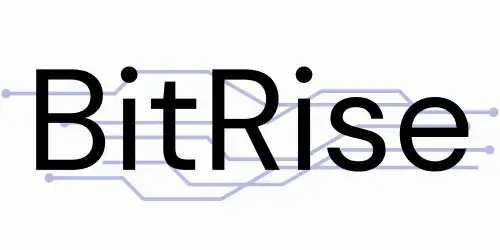The emergence of code-generating Large Language Models (LLMs) has marked a major leap forward. Able to understand and generate code, these models are revolutionizing the way developers approach coding tasks. From automating mundane tasks to fixing complex bugs, LLMs promise to reduce development time and significantly improve code quality. Accurately assessing the capabilities of these models remains a challenge. Evaluation benchmarks, while fundamental, offer a narrow window into the vast landscape of software development, focusing mostly on basic programming tasks or limited data science applications. This narrow focus does not address the diverse challenges of developers, highlighting the need for a more comprehensive evaluation method.
Google DeepMind introduces Round-Trip Correctness (RTC), an innovative evaluation method that expands the evaluation horizon of LLM codes. Unlike conventional benchmarks that rely on manual task curation, RTC takes an unsupervised approach, enabling evaluations across a wider range of real-world software domains without requiring exhaustive manual effort. The essence of RTC lies in its unique evaluation framework, where a model predicts a coding task and vice versa, such as generating code from a description and vice versa. This method assesses the model’s ability to maintain the semantic integrity of the original input throughout the round trip, providing a fine-grained measure of its comprehension and production capabilities.
Leveraging the model’s performance on both forward and reverse tasks, RTC assesses its adequacy in code synthesis and processing, among other applications. This approach evaluates the model’s accuracy in generating semantically correct code and its effectiveness in understanding and interpreting code descriptions. The adaptability of RTC extends to various tasks and coding domains, highlighting its potential as a universal model evaluation framework.
By demonstrating strong correlation with model performance on established narrow-domain benchmarks, RTC also reveals its ability to facilitate evaluations across a wider range of software domains. This comprehensive assessment is critical to developing LLMs that are more attuned to the multifaceted needs of software development. The insights gained from RTC evaluations are invaluable in guiding the evolution of code-generating models, ensuring they are robust, flexible, and aligned with real-world development challenges.
In conclusion, the introduction of Round-Trip Correctness as a method for evaluating LLMs codes represents a significant advance in the field. This method offers:
- An integrated and unsupervised approach to model evaluation extends beyond the limitations of traditional benchmarks.
- The ability to evaluate models in a diverse range of software domains, reflecting the real challenges of software development.
- Insights into the code generation and understanding capabilities of LLMs, fostering the development of more efficient and adaptable models.
Bridging the gap between narrow domain benchmarks and the expansive needs of software development, RTC is paving the way for the next generation of code-creating LLMs. These models promise to be more attuned to the diverse needs of developers, ultimately improving the efficiency and quality of software development processes.
check it Paper. All credit for this research goes to the researchers of this project. Also, don’t forget to follow us Twitter and Google news. Participation Our 38k+ ML SubReddit, 41k+ Facebook Community, Discord Channeland LinkedIn Groops.
If you like our work, you will love our work newsletter..
Don’t forget to join us Telegram channel
You might also like ours FREE AI Courses….
![]()
Hello, my name is Adnan Hassan. I am a consultant intern at Marktechpost and soon to be a management trainee at American Express. I am currently pursuing dual degree at Indian Institute of Technology, Kharagpur. I am passionate about technology and want to create new products that make a difference.





0 Comments
Trackbacks/Pingbacks